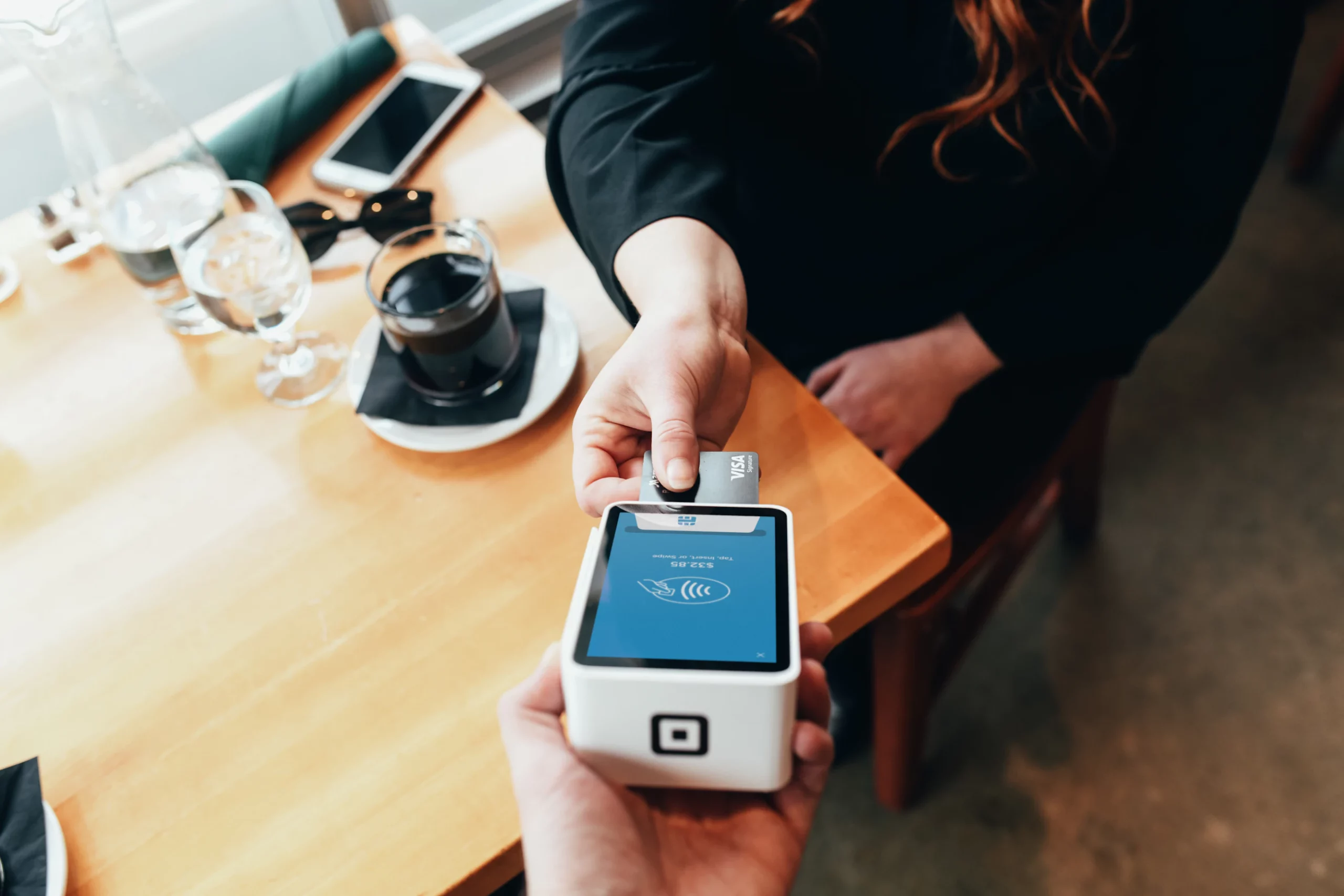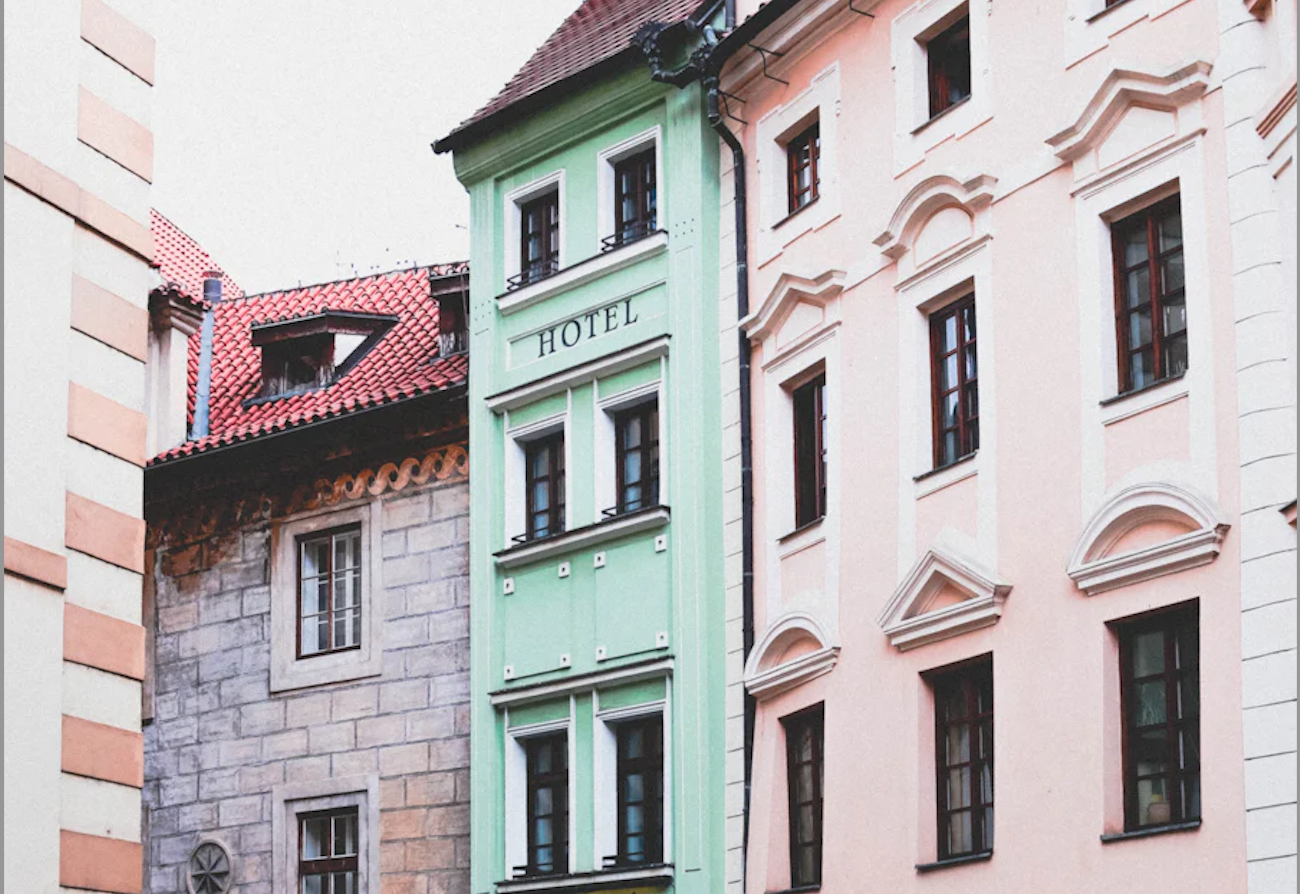Martin Soler of Soler & Associates assesses the pros and cons of hotel loyalty programs.
There’s an idea one is taught in business school that one should invest a lot of money into loyalty systems because loyal customers are the cheapest.
The numbers are “obvious” – since one pays a certain amount to acquire new customers we obviously should spend a little less to keep loyal ones coming back. But should we really? And are loyalty programs really that cheap?
Let’s look at a few scenarios.
• The chain hotels
Points and loyalty systems in hotel chains have a benefit and make sense when there are hundreds or thousands of hotels. Sales representatives who spend their lives on the road accumulate points during the year on the company’s expense and then redeem them with the family for the holidays. This story is so good it is almost a cliché in the hotel loyalty program world.
But it is clichéd because it actually exists. It works because there are hundreds of hotels that benefit from corporate contracts and the guests are happy with it. There is sometimes a not-so-hidden agreement between the employers and the employees that they can get some perks and extra miles rather than a raise in order to retain their silver or gold member cards. The upside is that a certain segment, mainly large companies and large chains, keep their employees happier and retain guests.
The downside is that these programs cost money. Those points become liabilities on the balance sheet and when they are redeemed they cost real cash to the hotel. Hotel franchise owners in popular tourist destinations aren’t so excited because they receive the inbound guests at very reduced rates (redeeming points) where roadside motels receive the guests at more lucrative rates (paying customers).
And as the competition increases the benefits to lure those loyal customers, these programs increasingly cost more money to hotel owners. But the larger the chain the more guest retention is possible, and there’s value in that.
• The OTA programs
OTAs more recently caught wind of the hotel loyalty programs and created their own. Theirs is much simpler and pretty much to the point. Buy 10 and get one free. The benefits are even better for the guests because they don’t need to stick with a single chain and can use any hotel that participates in the system.
These programs are quite expensive for OTAs. One could estimate that half of their markup/commission might be spent with such programs. Add rising advertising costs and one can imagine OTAs will slowly rise the threshold and add more restrictions to recover their costs.
There’s a reasoning out there that these programs exist mainly for OTAs to compete against direct booking programs. While that may or may not be the case, it is probably true that these programs are going to get more complex over time. But from a guest perspective they are the easiest ones to understand.
• Independent hotels
According to online guest experience expert Tony Loeb at Experience Hotel, 38 per cent of hotel guests say they will return to the city or region of the hotel they are currently in. This is a great opportunity for hotels to improve loyalty programs.
However, says Loeb, only 9.57 per cent of existing guests will return to the same hotel. Of course these are averages and averages are never accurate. But it gives a broad idea.
So when hotels decide to invest into a loyalty program they are catering for less than 10 per cent of their guests. Building a program for the nine per cent is going to be difficult. And that is just for the nine per cent who already are loyal.
Can one convert first time leisure guests into loyal guests? Sort of. But the issue here is that the majority book a hotel once a year and once they have been to your city, chances are they aren’t coming back any time soon.
How to make them loyal? The best loyalty then is if they speak about the hotel to tell their friends to stay there. And the answer to that, is making the product (the hotel) and service memorable and great. This is the point, today people will be loyal to brands, properties and people who share the same values.
One earns loyalty, the idea that one can buy loyalty is slowly dissipating as guests seek to find values, service and sentiments that coincide with their own.
Business travellers have a slightly different need when in comes to loyalty.
Daniele di Bella, an expert in the field of loyalty programs for independent hotels, says: “Probably the one reason that most hotels do and should invest in loyalty programs, is to be relevant in front of frequent business travellers, which are extremely sensible during the booking decision process to hotels that are offering perks and benefits in return for the booking.”
If your hotel has adequate business travellers, it would be recommended to invest in a loyalty program. But they don’t come cheap and require a lot of operational work to implement. The main criteria when selecting a program for business travellers is number of hotels participating and how are the existing members the same or similar type of guests to yours.
• In closing….
The Century Dictionary of 1897 defined loyalty as: “a strong feeling of support or allegiance. Allegiance is a matter of principle, and applies especially to conduct; the oath of allegiance covers conduct only. Loyalty is a matter of both principle and sentiment, conduct and feeling; it implies enthusiasm and devotion” .
So when looking to building more loyalty for your hotel, ask yourself if what you are doing is really going to improve enthusiasm and devotion for your hotel? It doesn’t matter who the target guest is, if it passes that test then it is safe to assume that it is worth investing in.








